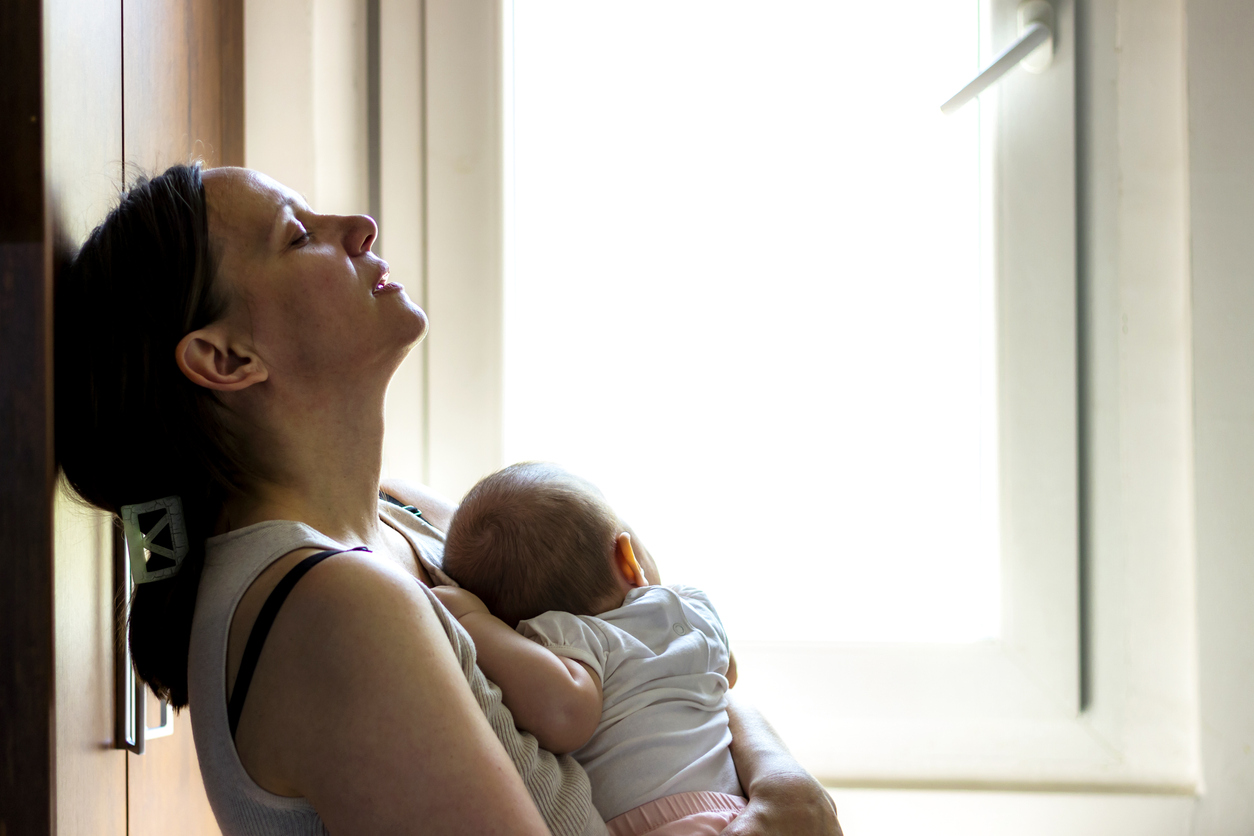The Royal College of Psychiatrists warns that up to 85,000 mothers in England experienced postnatal depression in 2024
New figures from the Royal College of Psychiatrists reveal that tens of thousands of new mothers in England may have experienced postnatal depression in 2024. The scale of the issue has prompted urgent calls for improved access to perinatal mental health care and more substantial support for families during the first year after birth.
Maternal suicide is a leading cause of death in women
Postnatal depression usually develops in the first four weeks after childbirth; however, it can emerge several months following childbirth. It affects many new mothers and can significantly impact their emotional well-being and daily functioning, making it essential to recognise and address. The symptoms of postnatal depression can vary in severity and may include a persistently low mood, which may leave a mother feeling sad or hopeless.
New research from The Royal College of Psychiatrists (RCPsych) estimates that between 56,000 and 85,000 mothers (10-15% of those who gave birth) across England may have experienced postnatal depression in 2024.
Maternal suicide remains one of the leading causes of death among women between six weeks and a year after birth. Perinatal mental illness can significantly impact women’s health and accounts for 34% of all deaths in this group during this period. These figures spotlight the current state of maternal care and support in the UK.
Untreated prenatal mental illness can affect unborn infants, potentially putting them at risk of premature birth and low birth weight. This can manifest in ways such as parents finding it difficult to bond with their baby after birth, contributing to attachment issues.
Postnatal depression could be prevented with the proper support
RCPsych emphasises that mothers and their partners must not suffer in silence and should be supported to seek help from those around them and perinatal mental health services when necessary. These conditions are eminently treatable, and an approach that takes into account a person’s biological needs, psychological state, and social situation is most effective.
Dr Trudi Seneviratne OBE, Consultant Perinatal Psychiatrist and immediate past RCPsych Registrar, said: “Women can experience an enormous amount of change, including increased stress factors when they become pregnant, and this may negatively affect their mental health. Postnatal depression is far more common than many people realise and can have a devastating impact on mothers, babies, and families if left untreated.
“Mothers who receive talking therapy and other forms of care from mental health services will often be able to recover, but some might be so unwell that they need medication, including antidepressants. Medication helps save lives. The dangers of untreated depression far outweigh the risks of antidepressants. The unnecessary deaths of mothers and sometimes their babies that result from failure to treat these conditions are truly devastating.
“Doctors are trained to ensure that the medication they prescribe is as safe as possible to take while pregnant or breastfeeding. Medication should be reviewed regularly, and any side effects closely monitored.
“For children to thrive, they need as good a start in life as possible, and this is important not only for the child and their mother but also for communities and society as well. We all have a role to play in ensuring mothers and their partners feel confident seeking support when they need it.”
